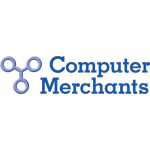I’m fascinated by some of the games available on phones nowadays (which is kind of interesting given that I don’t play them). But what I find interesting is not the game itself, but rather the business model behind how it makes money for its developers.
One of my favourites is Candy Crush – a “free” game that was generating annual revenues of $1.8 Billion before it went public in 2014 for just over $7 Billion (yes, that’s Billion with a “B”). And while there may not be many Service Provider businesses that can ever hope to reach such dizzy heights, there are a few valuable lessons from Candy Crush that can be applied to any business with a subscriber base.
The Basics
Candy Crush is a “match-three” game where players complete levels by swapping coloured pieces of candy on a game board to match three or more of the same colour. It’s not a new idea; in fact it’s been around for years, most famously popularised by its predecessor Bejewelled.
But what made Candy Crush so successful was is its business model.
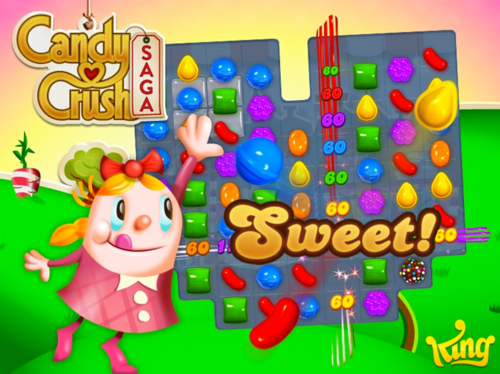
The Business Model
Like any new competitor entering the market, the first thing that users notice is product quality and innovation. Candy Crush had that in spades, with more colours, more shapes, more music, more levels, and more challenges. It created a better user experience.
As an MSP, are you also focussing on your user experience? Is your portal becoming easier to use? Are you recording user preferences and pre-populating fields so your users don’t need to? Are you adapting your management application to run on mobile? This goal of improving the interaction for users was a key driver in getting more users to utilise the app.
But Candy Crush introduced some ideas that weren’t just designed to improve the customer experience, they were designed to improve the monetisation of the game itself.
Goals and Rewards
Candy Crush constantly sets targets for players, and rewards them for achievement. The rewards can be anything from a gift to simple recognition. This idea of gamification is being employed by businesses to keep employees and customers engaged. Websites now alert you that you’ve earned a badge for performing a task, or visiting multiple times. Providing rewards (in the form of reduced prices, greater discounts, or free services) to customers for desirable behaviour (eg. prompt payment, funnelling all support through a single point of contact, using the portal, regularly updating details, etc) can be very powerful for improving the efficiencies in your business.
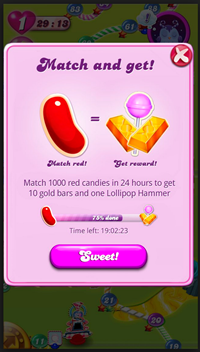
Active Customer Recruitment
Candy Crush encourages players to invite their friends to play. They even go so far as to reward you for inviting your Facebook friends to play with them, thereby dramatically increasing the game’s exposure. What makes this so powerful however is that the invitation doesn’t come from the developer, but rather from a friend via a social channel, leveraging the power of 3rd party referrals. Today we still don’t see MSPs actively leveraging their customer base to get introductions into new accounts. What strategies do you have in place to leverage your existing subscriber base to help you find new customers?
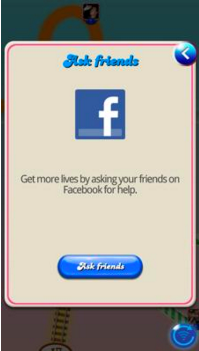
Just In Time Offers
Every “freemium” game offers you the ability to purchase additional tools or options to improve the player experience. And typically these offers are ignored by all except the dedicated few. What Candy Crush does very successfully is to make the offer at the time you need it most. This ability to analyse user behaviour, detect customer issues before they become critical, and present users with the right product at the right time dramatically increases the take-up of optional purchases. MSPs who can leverage the power of data analytics to predict customer behaviour, and create special offers tailored around customer preferences, can similarly increase the number and type of products they sell, and grow ARPU (Average Revenue Per User).
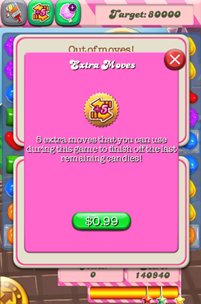
Leveraging The Principle Of Scarcity
Most games let you play as often and as long as you want. In Candy Crush however, players get five lives before they have to wait 30 minutes, or in some cases the next day, before they can continue. In his work on the principles of persuasion, psychologist Robert Cialdini identified “Scarcity” is one of the six principles that influence human behaviour. Genuine offers that are truly scarce, are still appealing to customers (of course for those more influenced by immediate gratification, there is always the option to cut your waiting time by spending a bit more). But the scarcity must be genuine… making a “Time running out … act now!” offer, then repeating it again in a month means that it is not genuinely scarce, and makes customers wary of future promotions.

Creating A Community
Whether it’s the fun of playing and competing against friends, or the feeling of belonging that comes from the participating in something with like-minded individuals, the community that Candy Crush has built has been a backbone for its success. Similarly, MSPs that can create a community between its customers and suppliers is likely to build a strong foundation that makes it difficult for competitors to lure subscribers away. Do you have the ability to introduce your subscribers to other subscribers? Can you form a community that means a customer doesn’t want to leave you because they are attached the entire ecosystem you’ve created around them?
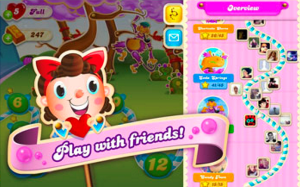
Summary
The chances that you will create a MSP business producing several million a day is probably unlikely. But regardless of the size of your business, the success of Candy Crush demonstrates the power of innovating your business model, not just innovating your products. Sweet!


